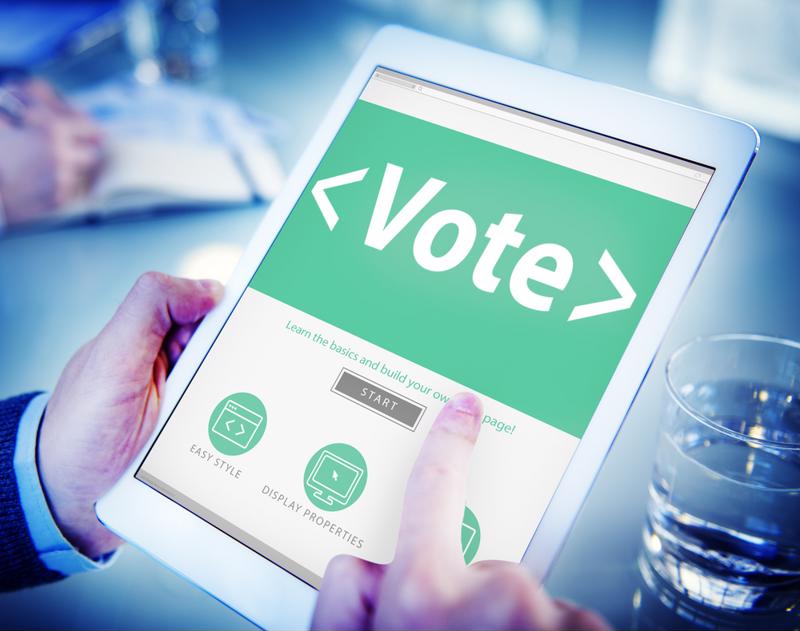
As the nation counts down the days until voting begins for the next president of the United States, some are concerned about looming cybersecurity threats and what it could mean for their votes.
Voting security
Much has been said about the cybersecurity of voting machines. In essence, they're the gate keepers of democracy in the digital era. Recent news about state-sponsored hacking forays have seemingly scared many people off the idea of even registering their vote for the next president.
It's expected that as many as 15 million Americans may decide not to cast their ballot simply due to a perceived cybersecurity threat, according to a study by Carbon Black. This comes after a report that a Princeton University professor was able to steal voter information off of a voting booth currently in use across multiple states in just seven minutes flat.
Other information found in the study included:
- Over half of all respondents have some level of worry over cybersecurity attacks affecting the election.
- Roughly 1 in every 3 Americans feels their information is insecure on a voting machine.
- Almost 60 percent of U.S. citizens believe a voting machine will be hacked come November.
The Brennan Center for Justice more or less confirmed these findings after it discovered machines in 43 states are now 10 years old or older. This type of longevity certainly wasn't expected when the equipment was manufactured—much like modern laptops are made to last for just a few years.
Moreover, hacking techniques and methods have proliferated in the last year alone, nevermind the last decade. All of this creates fodder for many citizens' arguments that during an election where foreign countries have already been alleged to have conducted cyberattacks, voter information may be less secure than what was once initially thought.

Game plan moving forward
It's clear that a two-step process needs to take place in time for the next election, as this voting cycle is already upon us. First, all states must reassess their current voting machine inventory.
This is already taking place, as the BCJ reported 31 states have already started the process of finding and purchasing new equipment. The transition is expected to cost roughly $1 billion in total, though savings will be realized down the line as overhead reductions are expected to alleviate budgetary concerns.
"As voting machines are retired, the information once stored needs to be securely disposed."
The greater concern is placed on how to effectively and securely dispose of the equipment. As the Princeton University professor showed, it takes no time at all to steal data from a machine. It's unknown what many of these systems use for storage, as a Wired.com article pointed to the fact many of these states have created Frankenstein-esque machines due to a number of repair parts being either hard to find or entirely non-existent.
With this in mind, those tasked with retiring these electronics would be wise to use a degausser whenever possible. Degaussing can be used on hard disk drives, tapes and a number of other devices that magnetize the media for storage, rather than electronically write it. A degausser essentially demagnetizes the electronic, rendering it unreadable. This means that if someone were to purchase one of these voting machines off of eBay or find it in a junkyard, they wouldn't be able to pick out Jim or Sally's voting information.
Deguassing is a highly effective form of data security that's approved by the National Security Agency, so it's likely that the Federal government will dictate what methods and procedures to use when disposing of these outdated system, with degaussing being one of the techniques.
As Americans gather to vote in early November, their focus should be on which candidate they want to win, rather than if they'll have their information stolen or not. Hopefully this won't be a national issue come next election cycle.
